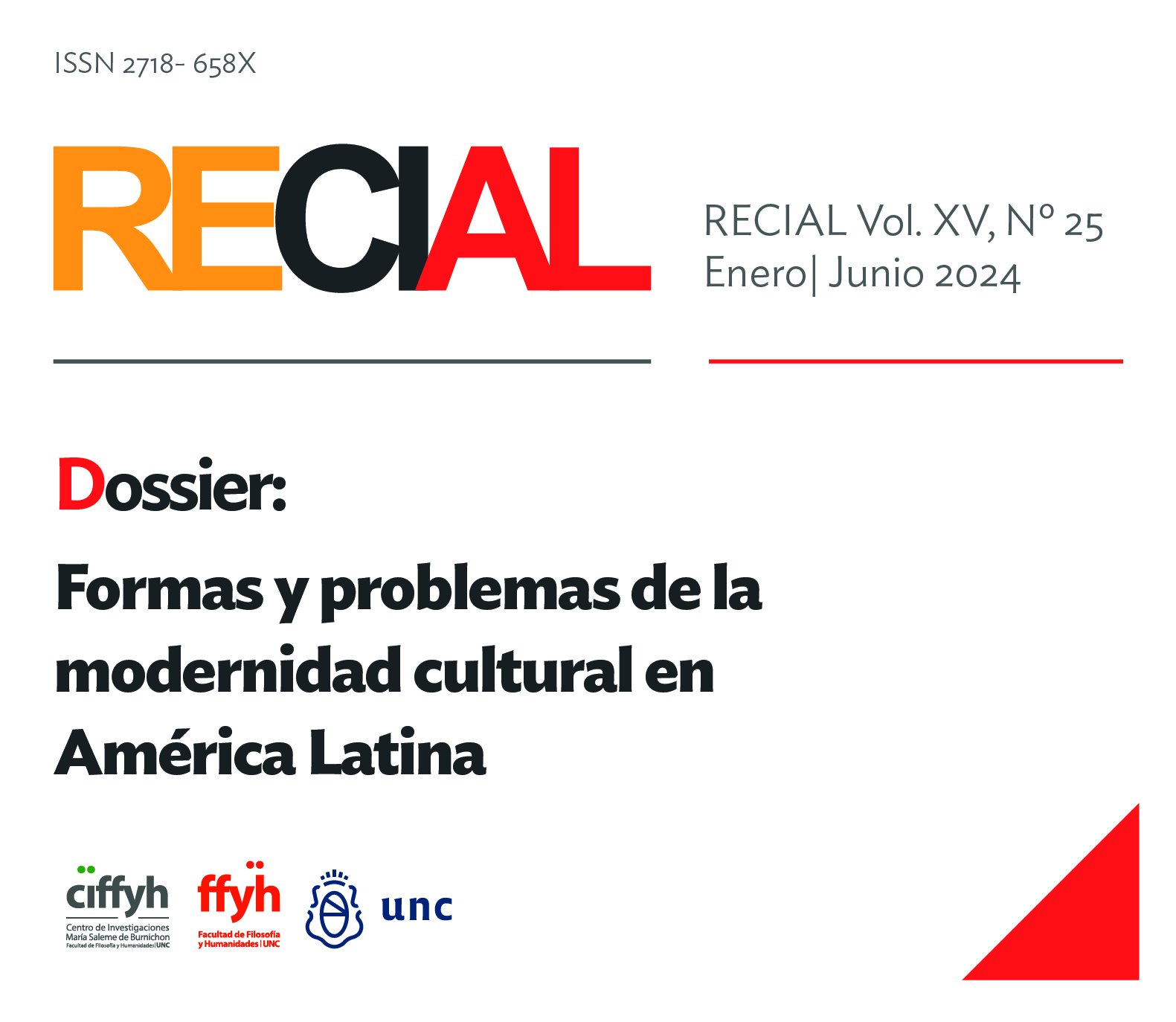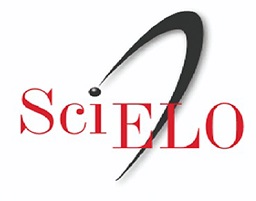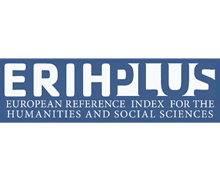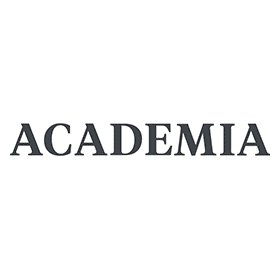Gaïa’s death. Literary Hints of a Future Inside and Out Nature
DOI:
https://doi.org/10.53971/2718.658x.v15.n25.45627Keywords:
anticipation narratives, extractivism, nature, anthropocentrism, earth systemAbstract
The uncertainty about the future has resulted, over the years, in a prolific textual production that questions the future of humanity and society. The narrative of anticipation is thus positioned as a favorite textual type, which uses futuristic speculation to reflect on the present. This article aims to interrogate the relationship of the human being with nature as an other and its modes of connection —exploitation and representation— in a Latin American corpus that grants agency to the earth system to the detriment of the Anthropocene. With an interdisciplinary methodological approach that combines ecocriticism, postcolonial studies and new materialisms, a series of texts will be analyzed that postulate the importance of thinking about ways of life outside the Western paradigm —capitalist and anthropocentrist— where nature regains its agency as an active subject. We will thus contemplate environmental concerns, representation and power between human and non-human agencies. Our objective will then be to collect regularities in Latin American anticipatory thinking about human becoming and the natural environment that call into question our link with nature, bodies and non-human materialities.
Downloads
References
Adorno, R. (1998). El sujeto colonial y la construcción cultural de la alteridad. Revista de Crítica Literaria Latinoamericana, XIV(28), 55-68.
Andermann, J. (2018). Tierras en trance: arte y naturaleza después del paisaje. Río Negro: Ediciones Metales Pesados.
Anónimo. (2016). Un suceso singular. En C. Abraham, Cuentos fantásticos argentinos del siglo XIX (pp. 25-30). Buenos Aires: CICCUS.
Borovinsky, T. (2020). Fragmentar el futuro: hacia una nueva relación humano / no humano. Revista Nueva sociedad, (290), 118-130.
Colanzi, L. (2022). La cueva. En Autor, Ustedes brillan en lo oscuro (pp. 15-30). Buenos Aires: Páginas de Espuma.
Danowsky, D. y Viveiros de Castro, E. (2019). Los miedos y los fines… del mundo. Revista Nueva Sociedad, (283), 37-46.
De Certau, M. (1999). La cultura en plural. Buenos Aires: Nueva visión.
Deleuze, G. (1990). ¿Qué es un dispositivo? En G. Deleuze y otros, Michel Foucault, Filósofo (pp. 155-163). Barcelona: Gedisa.
Drucaroff, E. (2012). Los prisioneros de la torre. Buenos Aires: EMECÉ.
Foucault, M. (2004). Naissance de la biopolitique. Cours au Collège de France 1979. París: Gallimard.
Kusch, R. (1999). América profunda. Buenos Aires: Editorial Biblios.
Latour, B. (2015). Face à Gaïa. París: La Découverte.
Moraña, M. (2017). El monstruo como máquina de guerra. Madrid: Editorial Iberoamericana-Vervuert.
Pastor, B. (1983). Discurso narrativo de la Conquista de América. La Habana: Casa de las Américas.
Rezzónico, S. (2021). Monstruos revivientes, mítica polifónica: encrucijadas entre identidad nacional, historia argentina y narrativa zombi. Revista Diálogos, 25(1), 39-70.
Salazar Jiménez, C. (2018). Cyber-proletaria. En Autora, Coordenadas temporales (pp. 93-100). Lima: Animal de invierno.
Salvo, D. (2014). Zombies, Inc. En G. Atoche Itili, Un muerto camina entre nosotros (pp. 1-12). Lima: El gato descalzo.
Vecino, D. (2011). El poscapitalismo financiero contra los zombies. En A. Soifer, Vienen bajando - primera antología argentina del cuento zombie (pp. 4-11). Buenos Aires: CEC.
Viveros Vigoya, M. (2007). Teorías feministas y estudios sobre varones y masculinidades. Dilemas y desafíos recientes. Recuperado de https://www.comisionporlamemoria.org/wp-content/uploads/sites/21/2018/03/Viveros-Vigoya-Teorias-feministas-y-estudios-sobre-varones-y-masculinidades.pdf
Downloads
Published
Issue
Section
License

This work is licensed under a Creative Commons Attribution-NonCommercial-ShareAlike 4.0 International License.
Aquellos/as autores/as que tengan publicaciones en esta revista, aceptan los términos siguientes:
- Los/as autores/as conservarán sus derechos de autor y garantizarán a la revista el derecho de primera publicación de su obra, el cuál estará simultáneamente sujeto a la Licencia de reconocimiento de Creative Commons que permite a terceros compartir la obra siempre que se indique su autor y su primera publicación esta revista.
- Los/as autores/as podrán adoptar otros acuerdos de licencia no exclusiva de distribución de la versión de la obra publicada (p. ej.: depositarla en un archivo telemático institucional o publicarla en un volumen monográfico) siempre que se indique la publicación inicial en esta revista.
- Se permite y recomienda a los/as autores/as difundir su obra a través de Internet (p. ej.: en archivos telemáticos institucionales o en su página web), luego de su publicación en la revista. (Véase El efecto del acceso abierto).























